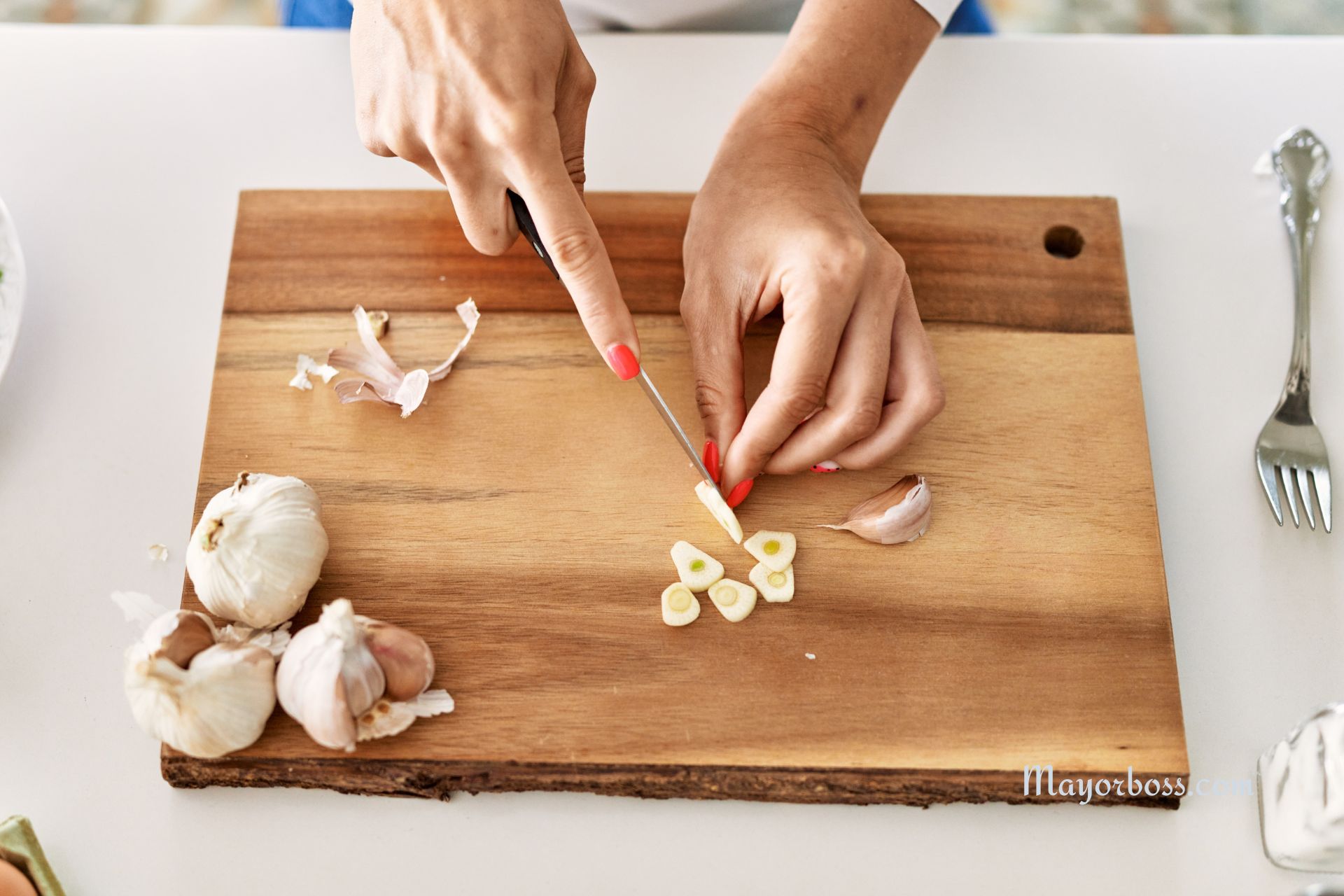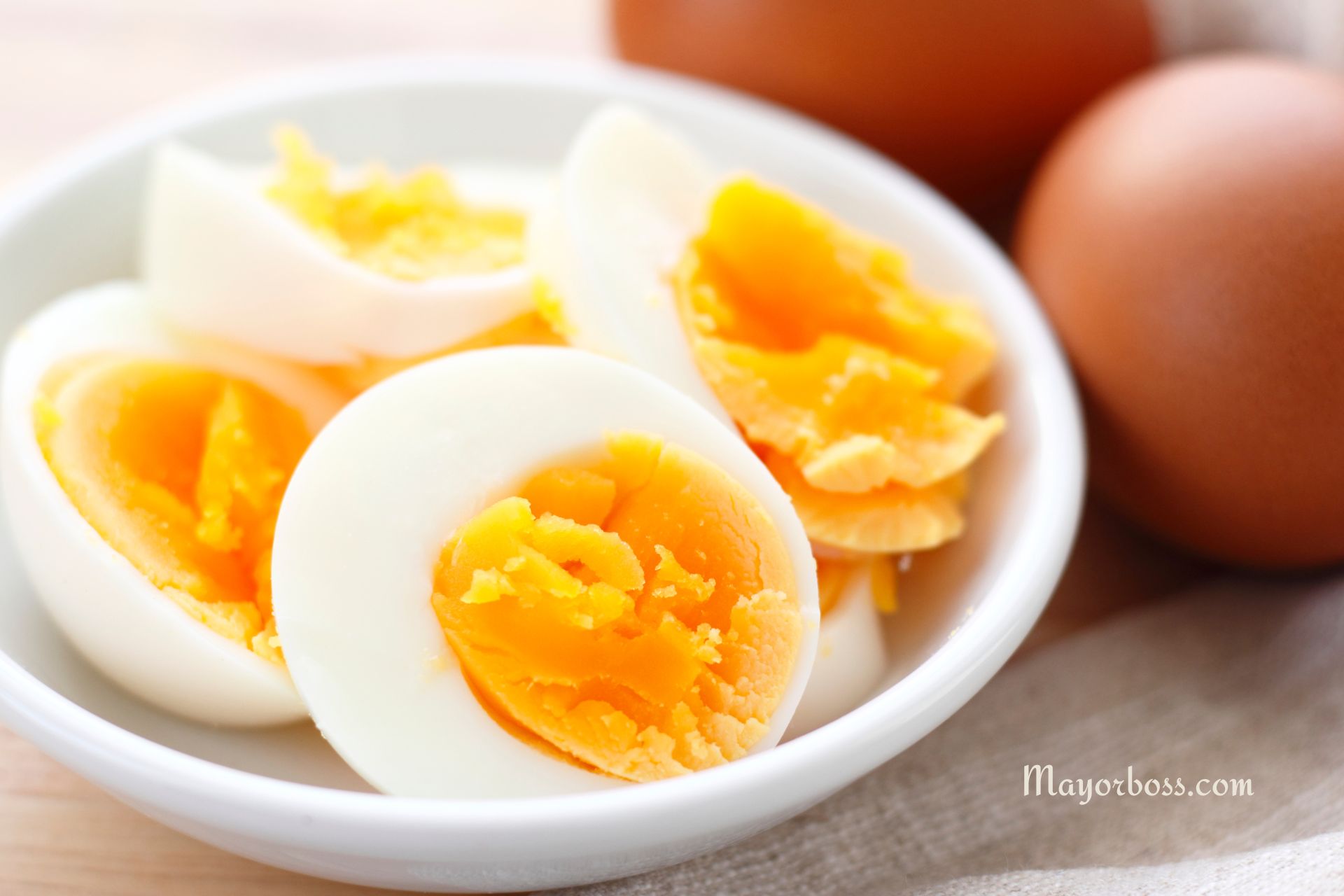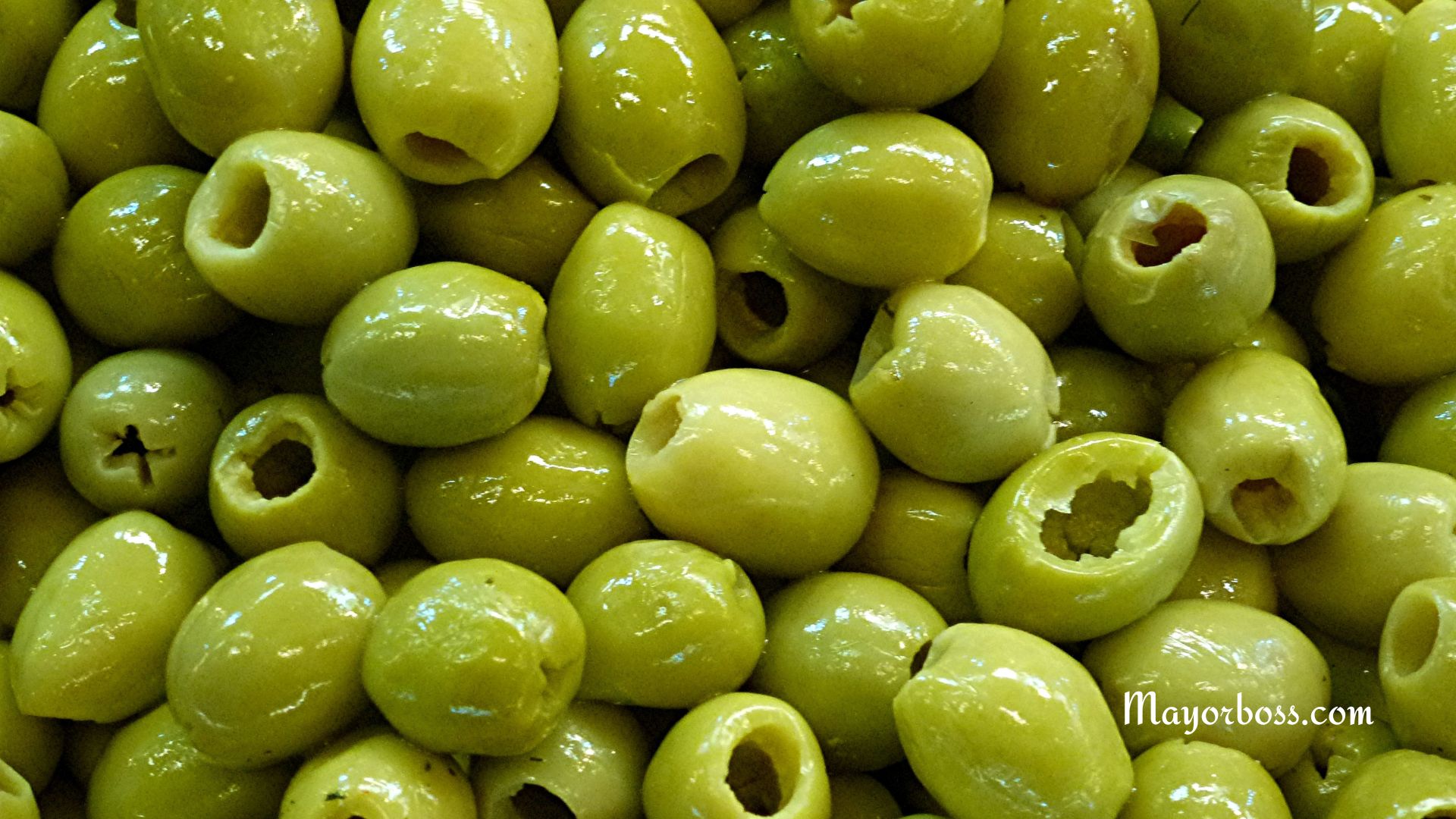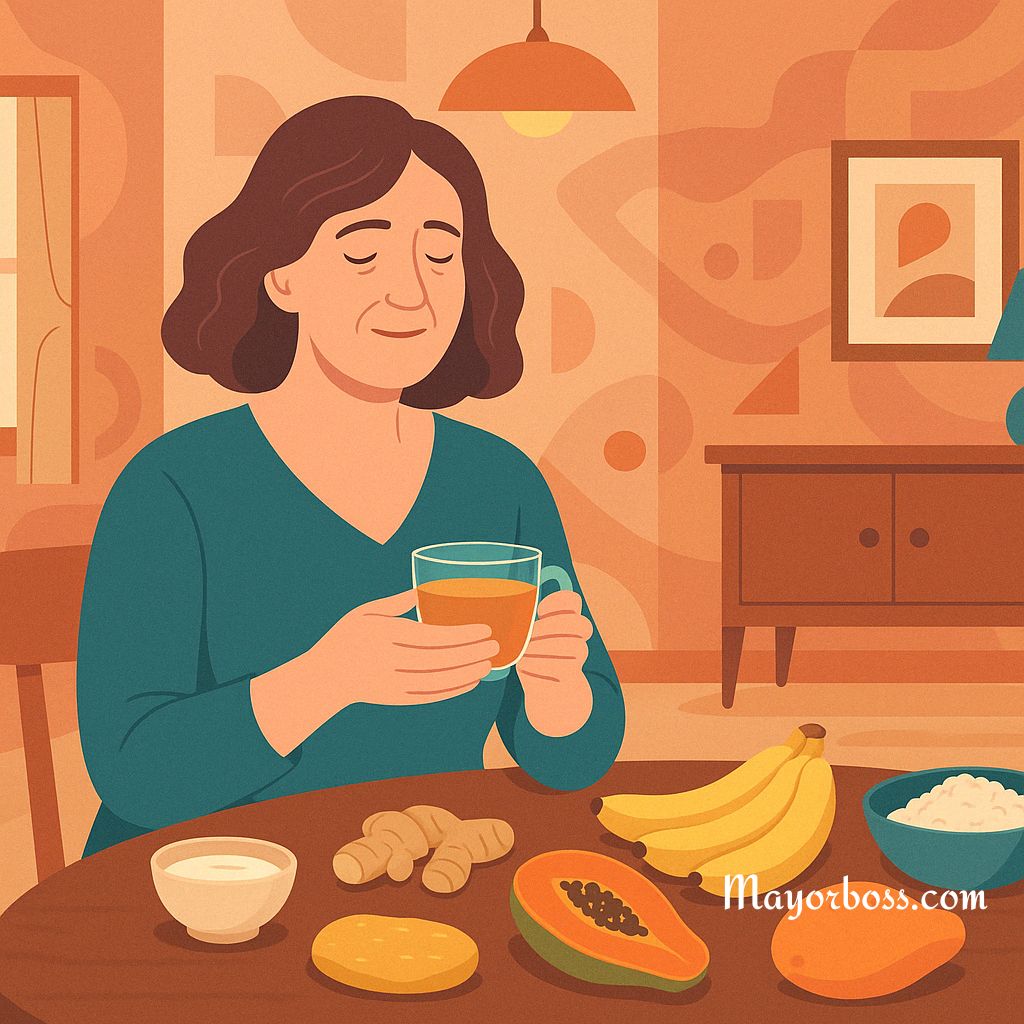Which foods make you bloated?
Common foods that make you bloated include beans, lentils, broccoli, cabbage, onions, carbonated drinks, dairy, apples, pears, and foods high in salt or artificial sweeteners. These foods can cause gas or water retention, leading to a feeling of fullness and discomfort.

Bloating is a common problem that many people experience after eating. It feels like your stomach is full, swollen, or tight. Sometimes, it can even be painful. Most often, bloating happens because of gas or extra fluid in your digestive system. While it is not usually dangerous, bloating can make you uncomfortable and self-conscious.
Certain foods cause bloating because they are hard to digest. When food does not break down fully in your stomach or small intestine, bacteria in your gut start to ferment it. This process creates gas. As gas builds up, it stretches your stomach and intestines, leading to bloating.
Other foods may draw extra water into your gut, which also makes you feel swollen. Some foods can trigger both gas and water retention at the same time.
Let’s look at the most common foods that cause bloating and why they have this effect.
Beans and Lentils
Beans and lentils are nutritious and packed with protein and fiber. However, they often cause gas and bloating because they contain complex sugars called oligosaccharides. These sugars are tough to digest, so they ferment in your gut, creating gas.1
Soaking beans overnight or rinsing canned beans before cooking can reduce bloating. Cooking them thoroughly or gradually introducing smaller portions can also help your body adjust over time.
Cruciferous Vegetables
Broccoli, cauliflower, Brussels sprouts, cabbage, and kale belong to the cruciferous vegetable family. These vegetables have beneficial nutrients like fiber and vitamins. However, they contain raffinose, a sugar that ferments in the gut, causing gas and bloating.2
Cooking cruciferous vegetables thoroughly can lessen these effects. Eating them in smaller amounts or mixing them with other vegetables may also reduce discomfort.
Dairy Products
Milk, cheese, yogurt, and ice cream contain lactose, a sugar many adults have difficulty digesting. This condition, called lactose intolerance, leads to bloating, gas, diarrhea, and stomach cramps.
Choosing lactose-free dairy alternatives, taking lactase enzyme supplements, or consuming dairy in moderation can reduce bloating for lactose-sensitive individuals.3
Carbonated Drinks
Carbonated beverages like soda, sparkling water, and beer introduce extra air and gas into your digestive system, causing bloating. These drinks also often contain artificial sweeteners or high amounts of sugar, worsening gas production.
Opting for plain water, herbal teas, or other non-carbonated drinks can significantly reduce bloating and improve your digestion.
High-Fat Foods
Foods high in fats, like fried foods, fatty meats, butter, and creamy sauces, take longer to digest, slowing your stomach’s emptying process. This delay can cause feelings of fullness, bloating, and discomfort.
Eating smaller portions of fatty foods or choosing leaner cooking methods (like grilling, steaming, or baking) reduces bloating and supports smoother digestion.
Artificial Sweeteners
Artificial sweeteners found in sugar-free gum, candies, diet sodas, and some processed foods (such as sorbitol, xylitol, and erythritol) can cause bloating because they ferment in the gut, producing gas.
Reading labels carefully and limiting products containing these sweeteners can significantly reduce digestive symptoms.
Wheat and Gluten
Wheat and other gluten-containing foods, such as bread, pasta, and cereals, can cause bloating in people sensitive to gluten or those with celiac disease. Even if you don’t have celiac disease, gluten can irritate your digestive tract, causing discomfort.
Choosing gluten-free grains (like rice, quinoa, or oats) or reducing gluten intake can help ease symptoms.
Onions and Garlic
Though flavorful and beneficial for health, onions and garlic contain fructans, another type of fermentable carbohydrate that can cause bloating in sensitive individuals.4
Using these ingredients sparingly or opting for herbs and spices for flavor can alleviate digestive discomfort.
Apples and Pears
Apples and pears are high in fiber and fructose. Both can ferment in your gut, causing gas and bloating, especially when eaten raw or in large amounts.
Choosing lower-fructose fruits like berries, bananas, or citrus fruits, or consuming apples and pears in moderation, can help prevent bloating.
Salty Foods
Excessive salt intake leads to fluid retention, causing bloating and swelling. Processed snacks, canned soups, and fast food typically contain high sodium levels, contributing to that puffy, bloated feeling.
Reducing salt intake, opting for fresh foods, and flavoring your meals with herbs and spices instead of salt can help reduce bloating.
Tips to Prevent Bloating
Besides limiting or adjusting your intake of the foods listed above, here are practical tips to keep bloating at bay:
- Eat slowly and chew your food thoroughly.
- Avoid overeating; small, frequent meals are easier to digest.
- Stay hydrated to help your digestive system function smoothly.
- Engage in regular physical activity, such as walking, to stimulate digestion.
- Consider probiotics, which can help balance gut bacteria and reduce bloating.
Being mindful of your food choices and how your body reacts can make eating enjoyable again, eliminating the discomfort and embarrassment that bloating can bring.
Frequently Asked Questions
1. Why does my stomach get bloated after eating small meals?
You might be sensitive to specific foods, eat too quickly, or have digestive conditions like irritable bowel syndrome (IBS).
2. Do bananas cause bloating?
Bananas usually do not cause bloating and can soothe digestion. However, very ripe bananas contain higher amounts of sugar, possibly leading to mild bloating in sensitive individuals.
3. Can drinking water reduce bloating?
Yes, drinking water helps your digestive system process food smoothly, reducing constipation and bloating.
4. Should I completely avoid beans if they cause bloating?
No. Beans are healthy. Start small, soak them overnight, and increase portions slowly to help your gut adjust.
5. How long does bloating usually last?
Bloating typically resolves within a few hours or a day, depending on the cause and your digestive health. Persistent bloating should be checked by a doctor.






